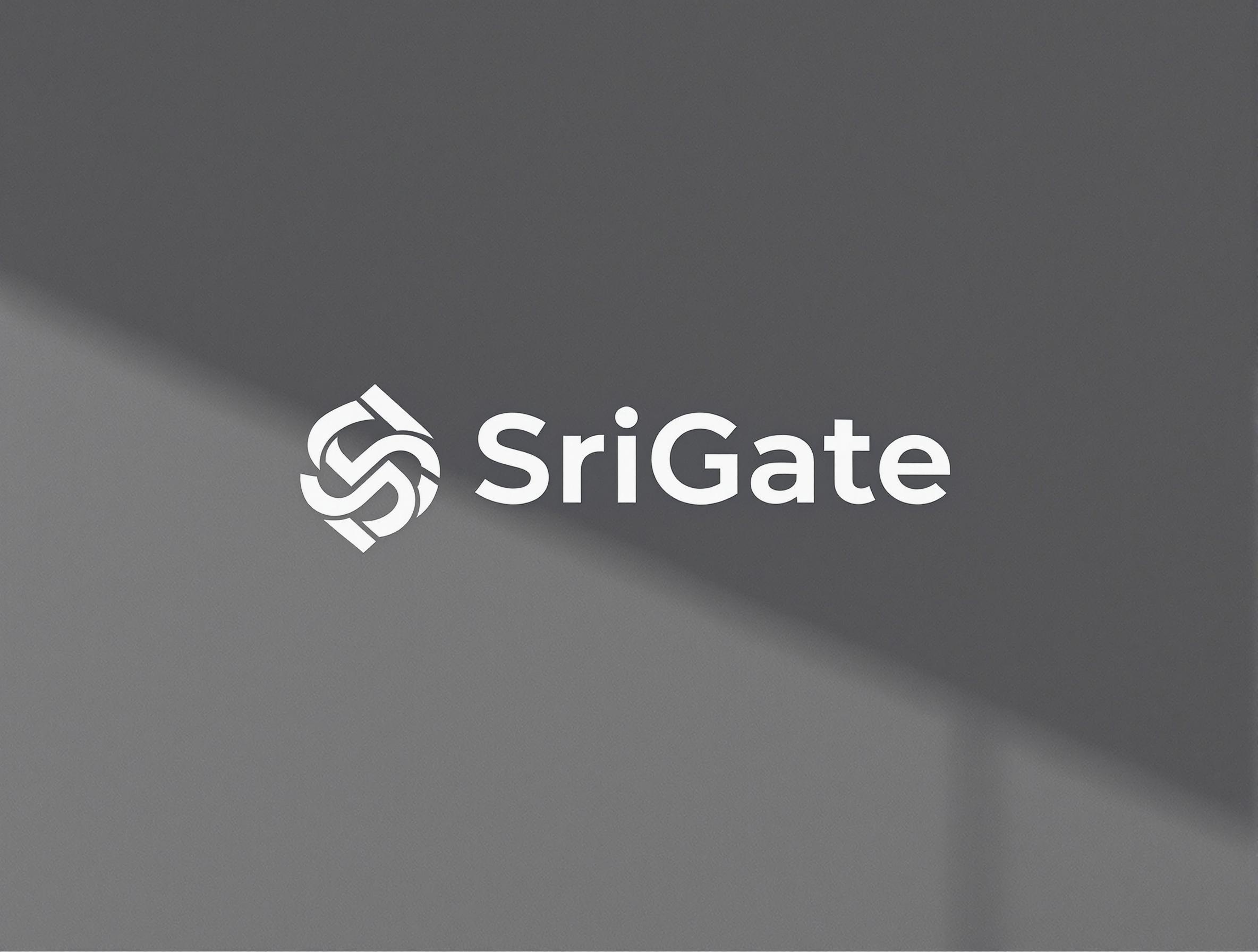The Evolving Landscape of UK Property Investment
The UK real estate market trends reveal a significant shift towards embracing property technology (PropTech). Today, investors harness digital tools to streamline transactions, manage assets, and analyze market data efficiently. This adoption of technology is no longer optional but a necessity to stay competitive in a fast-paced market.
PropTech innovations such as AI-driven valuation models, virtual reality property tours, and blockchain for transparent transactions are transforming traditional practices. For example, AI helps investors predict property value fluctuations by analyzing large datasets, improving decision-making accuracy. Meanwhile, virtual tours reduce the need for physical visits, saving time and expanding the pool of potential buyers internationally.
Also to discover : How Can Real Estate Investments Impact the UK Financial Landscape?
Statistics firmly back up this trend: recent reports show a year-on-year increase in digital platform usage by UK property investors. Platforms integrating big data analytics have seen user numbers surge by over 60%, demonstrating a clear appetite for tech-driven solutions. These shifts underline how the convergence of property technology with property investment reshapes market dynamics, increasing accessibility, efficiency, and transparency for all stakeholders involved.
PropTech and Its Impact on Investment Decisions
Exploring how real estate technology is shaping smarter investments
Topic to read : What Are Innovative Strategies for Building Resilience in UK Real Estate Finance?
PropTech, or property technology, refers to the innovative digital tools transforming the UK real estate market. Its scope includes platforms and software that streamline property sourcing, provide accurate valuation, and simplify transactional processes. By integrating artificial intelligence and big data analytics, PropTech enables investors to navigate complex market dynamics with greater confidence.
One critical role of real estate technology lies in enhancing property sourcing. Digital platforms aggregate listings, offering comprehensive market coverage that surpasses traditional methods. This ensures investors find opportunities faster and more efficiently.
Additionally, PropTech revolutionizes valuation. Automated valuation models use real-time data to offer precise property pricing, reducing reliance on subjective estimates. This transparency supports informed decisions and mitigates risks.
Moreover, advanced predictive tools improve investment analysis profoundly. These tools analyze trends, forecast market shifts, and simulate different scenarios. Investors can therefore optimize portfolios based on data-driven insights rather than intuition.
Overall, smart property investment powered by PropTech equips investors to make timely, evidence-based choices, leading to improved returns and minimized uncertainties in the UK property market.
Data Analytics and Artificial Intelligence in Property Markets
Data analytics and AI are fundamentally transforming property valuation and market analysis. By utilising vast amounts of data, big data techniques allow investors and agents to forecast market trends and assess risks with greater accuracy than traditional methods. For example, combining historical sales data, demographic trends, and economic indicators, data analytics can predict shifts in property demand and pricing fluctuations effectively.
AI-powered tools now streamline property selection by automating complex analyses that would take humans much longer. These advanced algorithms take into account multiple factors such as location, property condition, and market volatility to help investors devise smarter investment strategies. The power of AI lies in its ability to process and learn from real-time data, constantly improving valuation precision and market insights.
Several platforms incorporate these analytics to provide actionable insights. They integrate data analytics and AI to rank properties, predict ROI, and even tailor investment portfolios based on user preferences. This integration of technology not only simplifies decision-making but also enhances confidence in property investments by reducing uncertainty in dynamic markets.
Online Platforms Streamlining Property Transactions
Online property platforms have transformed the way people engage in real estate by making digital transactions more accessible and efficient. These platforms offer a secure environment where buyers, sellers, and landlords can conduct deals without the traditional constraints of physical meetings or paperwork. This shift to online processes significantly reduces time and bureaucracy, enabling quicker closings and enhanced transparency.
One of the key benefits of digital transactions is the detailed tracking and verification features, which increase trust and security for all parties involved. Such transparency minimizes risks associated with fraud or misunderstandings. Additionally, these platforms facilitate investment accessibility for a broader audience, including international investors who can explore and participate in markets remotely. This growth of digital marketplaces opens doors to diverse property types and locations, expanding opportunities beyond local boundaries.
By leveraging online property platforms, both seasoned investors and newcomers gain the tools to make informed decisions swiftly. The ability to view detailed listings, access transaction histories, and communicate via integrated systems enhances user confidence. Consequently, the property market becomes more dynamic and inclusive, inviting a wider range of participants to benefit from real estate investments.
Virtual Tools and Smart Property Management
Embracing technology to enhance real estate operations
Virtual tours have revolutionized remote property viewing, providing potential tenants and buyers with immersive experiences without physical visits. This digital approach saves time and broadens access. Property managers implement virtual viewings that include high-quality video walkthroughs and interactive floor plans, enabling detailed inspections from anywhere.
Smart property management integrates IoT solutions to streamline maintenance and monitoring. Sensors can detect issues like leaks or temperature changes, alerting managers promptly. This proactive approach reduces costs and prevents damage, enhancing tenant satisfaction.
Moreover, smart home technology contributes to improved tenant experiences and increases property value. Automated lighting, security systems, and climate control empower users while showcasing modernity and convenience.
Digital documentation complements these tools; lease agreements, payments, and communication all move online, creating efficient workflows and transparent records. Together, virtual tools and smart property management define the future of real estate, enabling seamless, efficient, and user-friendly operations.
Benefits and Challenges of Technology Adoption
Technology adoption in real estate, particularly through PropTech, offers significant benefits like efficiency gains, cost reduction, and enhanced decision-making. Automated processes streamline property management, saving time and reducing errors. This efficiency translates directly to lower operational costs, making investments more profitable. Moreover, data-driven insights empower investors to make smarter decisions, assessing risks and opportunities with greater precision.
Despite these advantages, several technology challenges hinder widespread adoption. High upfront costs and system complexity can deter smaller firms or individual investors. The digital divide also affects accessibility, as not all market participants possess the technical skills or infrastructure needed to leverage PropTech effectively. This gap may slow progress and widen inequalities within real estate markets.
A critical concern centers on security in real estate. As sensitive data is digitized, ensuring data security and privacy becomes paramount. Hacks or data breaches could compromise investor information and property records, undermining trust. Implementing robust cybersecurity measures is therefore essential to safeguard assets and maintain confidence in technology-driven real estate solutions. Understanding these benefits and challenges enables stakeholders to navigate technology adoption thoughtfully, maximizing its potential while mitigating risks.
Changing Investment Strategies and Market Access
Digital disruption has profoundly reshaped investment strategies and broadened market access within the UK property arena. Technology now allows investors to move beyond traditional models, embracing innovative approaches that cater to diverse preferences and budgets. One notable shift is the rise of crowdfunding and fractional ownership platforms, empowering individuals to invest smaller amounts into property ventures. This trend breaks down previous barriers, making the UK property market more inclusive.
Investor expectations have evolved, prioritizing flexibility, transparency, and immediacy. Real-time data and streamlined digital interfaces enable informed decisions and swift action. Consequently, participation in UK property trends is no longer exclusive to high-net-worth individuals; a wider audience is actively engaging in property investment. These developments underscore a significant transformation in behaviour, with technology serving as a catalyst.
By facilitating broader access, these alternative models promote diversified portfolios and reduce entry hurdles. Investors now access detailed information remotely and invest in properties across different regions. This dynamic landscape illustrates how changing investment strategies and enhanced market access are redefining the UK property market today.






